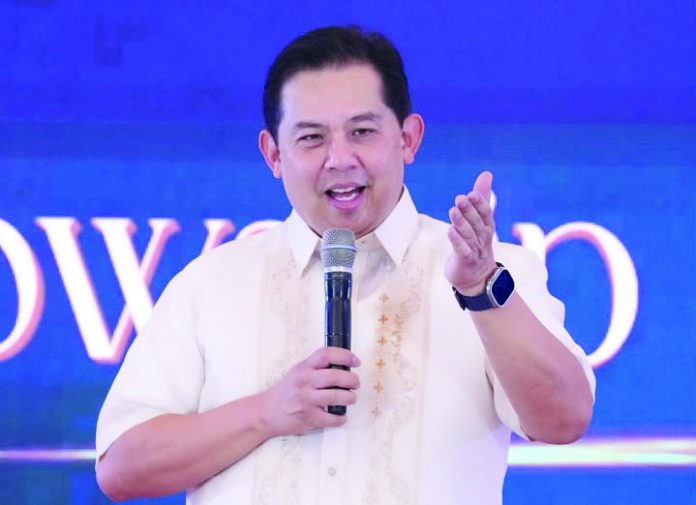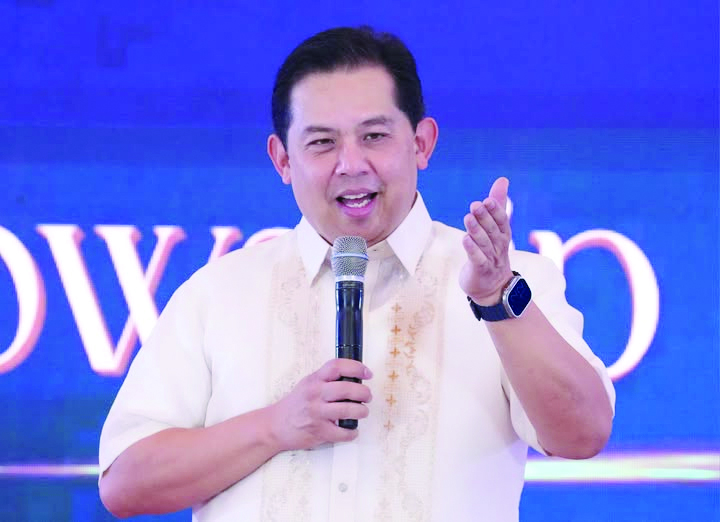Naglabas ang Philippine Health Insurance Corporation (PhilHealth) ng bagong patakaran at pamantayan para sa pagtanggal ng pugita sa mata.
Ang PhilHealth Circular No. 2025-0021, na magiging epektibo sa Nobyembre 15, 2025, ay
naglalayong tiyakin ang kalidad ng pangangalaga sa mata para sa lahat ng miyembro at isakatuparan ang agenda sa kalusugan ni Pangulong Ferdinand R. Marcos Jr.
Ang pterygium (te-ri-jum) o pugita sa mata ay isang kondisyon na tumutubo sa mata nakadalasang bunga ng exposure o pagkabilad sa araw. Ang operasyon ay inirerekomenda lamang kapag nagdudulot na ito ng malaking problema sa paningin o matinding iritasyon.
“Ito ang aming hakbang upang tiyakin na ang bawat miyembro ng PhilHealth ay makatatanggap ng pinakamataas na posibleng pamantayan ng pangangalaga sa mata”, ayon kay Dr. Edwin M. Mercado, Pangulo at Punong Tagapagpatupad ng PhilHealth. “Kami ay nakikipagtulungan sa mga ekspertong doktor at pinapalakas pa namin ang aming mga sistema ng pagsubaybay upang matagumpay na matupad ang mandato ng PhilHealth na makapaghatid ng benepisyong may kalidad”, dagdag pa ni Dr. Mercado.
Ang PhilHealth Circular ay binuo ng PhilHealth katuwang ang mga eksperto mula sa Philippine Academy of Ophthalmology at Philippine Cornea Society, Inc., na tumitiyak na ang operasyon ay batay sa pinakabagong high standards of care.
Nilalayon ng patakaran na i-standardize ang pangangalaga, maiwasan ang mga komplikasyon, at tiyakin na de-kalidad ang serbisyong matatanggap ng miyembro.
Ang pakete ng PhilHealth para sa operasyon sa pagtanggal ng pugita sa mata (Pterygium
Excision with Graft (RVS 65426)) ay P18,915 samantalang P59,085 para sa Ocular Surface Reconstruction (RVS 65780, 65781, 65782).
Nakasaad din sa bagong patakaran na magpapatupad ang PhilHealth ng maximum claim limit para sa mga eye surgeon. Ito ay upang maiwasan ang mga unnecessary o volume-driven na operasyon at matiyak na ang bawat pamamaraan ay ginagawa batay sa tunay na pangangailangan ng pasyente.
Hinihikayat ng PhilHealth ang mga miyembro at healthcare providers na maging pamilyar sa PhilHealth Circular No. 2025-0021 upang tiyakin ang pagsunod at tamang paggamit ng benepisyo. Maaaring i-download ang bagong patakaran sa www.philhealth.gov.ph. (PR)







